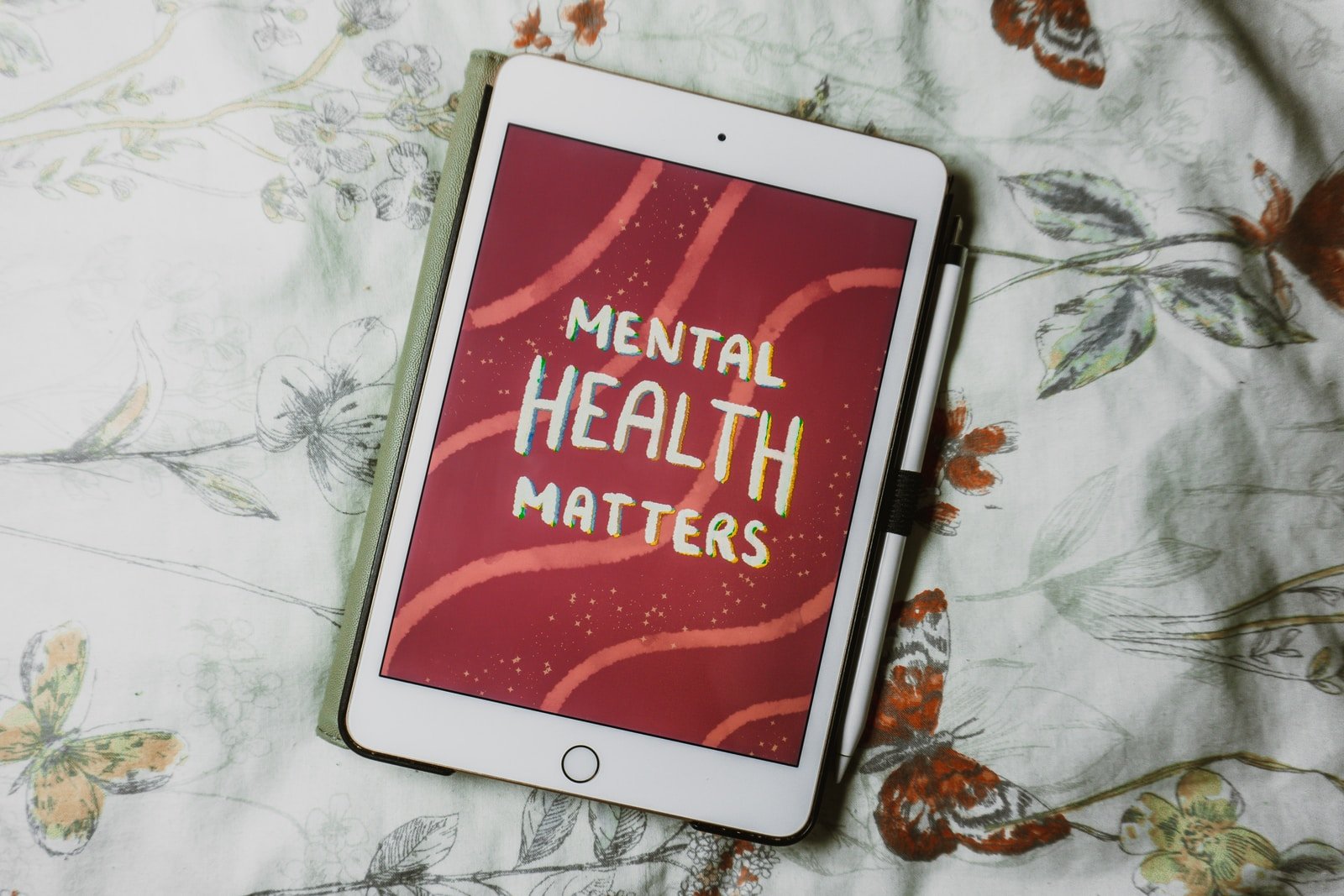


Living with ADHD; Strategies for Psychological Well Being
After diagnosing attention deficit hyperactivity disorder (ADHD), you might wonder what the next steps are. Most people think living with ADHD means adopting new tools to help manage their symptoms, which allows them to grow in their emotional health, careers, and personal relationships. Everyone has a different experience of ADHD, which is unique. There are many ways to control ADHD or manage the symptoms, and what works for one person might not work for another person. Your symptoms can lead to trouble meeting deadlines, extreme procrastination, and impulsive behavior. You may feel that family and friends don’t understand what you are against. People with ADHD can improve their daily habits, learn to recognize and use their strengths, maintain organization, and interact better with others. Helping yourself may also include educating others to help them understand what you are going through.
How does it feel to be newly diagnosed?
Many people are astonished by their emotions when they are diagnosed with ADHD. Common emotions include;
- Relief: When you get an ADHD diagnosis, you feel relieved to have a label that finally describes what you are experiencing. You feel comfortable knowing that your symptoms stem from a diagnosed condition and not bad traits.
- Sadness: You feel sad that you did not get diagnosed earlier. You may feel sad by thinking about what your life might have been like if you did not have ADHD. You also feel sorry for your younger self, who struggled in life with undiagnosed ADHD.
- Anger: You don’t want ADHD. You feel angry, or you may be frustrated toward teachers, friends, or parents who always blamed you for your symptoms.
Tips for living with Adult ADHD:
Sometimes it can be challenging to live with ADHD. Therefore, many adults can manage their symptoms of ADHD effectively and lead productive, satisfying lives. It depends on the severity of your symptoms and whether you need help from a doctor right away or not. You can make personal adjustments to get a handle on your symptoms.
Exercise Regularly; Regular exercise may help you handle aggression and extra energy in a healthy, positive way. Practice can also be critical for maintaining good health, other than soothing and calming your body.
Get sufficient sleep; It’s very important or necessary for adults to get at least 7 to get 8 hours of sleep every night. It is difficult for you to focus, maintain productivity, and stay on top of your responsibilities by lack of sleep. You must talk with your doctor if you are having trouble sleeping.
Improve time management skills; stay organized, and set deadlines for everything, including seemingly small tasks. Alarms and timers are also helpful, so you don’t forget about specific jobs. Manage your time to prioritize essential tasks. It will further set you up for success.
Therapy for ADHD; Therapy for ADHD can be beneficial. It includes education about the disorder and psychological counseling. Therapy can help learn different ways to manage impulsive behavior. It is helpful to boost your self-esteem. Therapy may also be beneficial in improving relationships with your family, co-workers, and friends. It also creates strategies for maintaining your temper. Cognitive behavior therapy helps you manage your behavior and change negative thoughts into positive ones. Cognitive behavior therapy can be done individually or in a group. Marital therapy can help loved ones to manage the stress of living with someone who has ADHD.
Medications for ADHD; Medications help to treat symptoms of ADHD by boosting and balancing levels of brain chemicals called neurotransmitters. Stimulants used to treat ADHD include dextroamphetamine, lisdexamfetamine, methylphenidate, etc. Some other medications that can treat ADHD contain atomoxetine and some antidepressants; they work slower than stimulants. The type of medication and its dose varies from person to person. It may take time to find what’s best for you.
Finding an ADHD coach; An ADHD coach can also help you treat the symptoms of ADHD. A coach provides individuals with strategies to overcome challenges and accomplish their goals.
Avoid multitasking; Some people thrive while multitasking, but many of us do not. Eliminate the distractions around you that attract you to doing other tasks. For example, if you are reading one subject, pack away your books on different topics. If you are focused on cooking, put your phone away.
References:
What It’s Like to Live A Day with ADHD (healthline.com)
Living With ADHD: Strategies for Well-Being (verywellmind.com)
Facts And Real Confessions About Living With ADHD (additudemag.com)
How ADHD Affects the Many Areas of Your Life (webmd.com)
Free 15 Min Call
Initial free call
